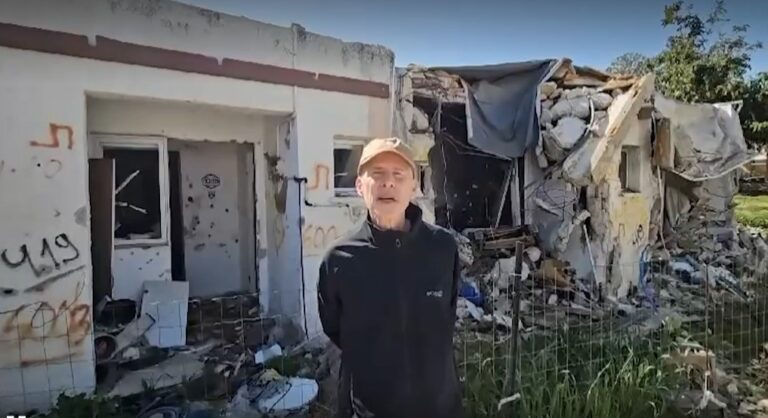 Coast Guard officials are considering setting the Gulf of Mexico oil slick on fire as it moved Tuesday to within 20 miles of sensitive ecological areas in the Mississippi River Delta.
Coast Guard officials are considering setting the Gulf of Mexico oil slick on fire as it moved Tuesday to within 20 miles of sensitive ecological areas in the Mississippi River Delta.
Officials say it could become one of worst spills in U.S. history.
Oil is still leaking at a rate of about 42,000 gallons a day from the well, located some 50 miles off the coast of Louisiana beneath a drill rig that exploded and sank last week. Eleven workers are still missing following the incident, and are presumed dead.
BP, the well’s owner, is racing to shut off the well using eight remote controlled submarines, but has had no luck as of yet.
“If we don’t secure the well, this could be one of the most serious oil spills in U.S. history,” Coast Guard Rear Admiral Mary Landry, head of a joint response task force, said at a press conference Tuesday afternoon.
Twenty miles is the closest the slick has come to land so far.
Officials said oil slicks are sometimes set on fire, especially when they are near sensitive marsh areas where heavy equipment used to clean the oil may cause more harm than good.
If the slick is set on fire, it would be a controlled burn using fire-proof booms, and only done during the day, said Landry. It could begin as early as Wednesday.
The spill, measured from end to end, stretched as wide as 42 miles by 80 miles, although oil isn’t necessarily covering that entire area.
Most of the slick is a thin sheen on the water’s surface, ranging in thickness from a couple of molecules to the equivalent of a layer of paint. About 3% of it is a heavy, pudding-like crude oil.
At its current flow rate would take over 260 days to rival the Exxon Valdez disaster, which discharged some 11 million gallons into Alaska’s Price William Sound. Still, even if it never compares to the Exxon Valdes spill’s size, if it makes landfall it’ll have serious ecological repercussions.
(Read More: CNN)











3 Responses
I would LOVE to see that!
So much for global warming and going green. What a joke!
Actually that is exactly why America was against off-shore drilling. My question is, if the disaster is very big, “What is the significance of it?”